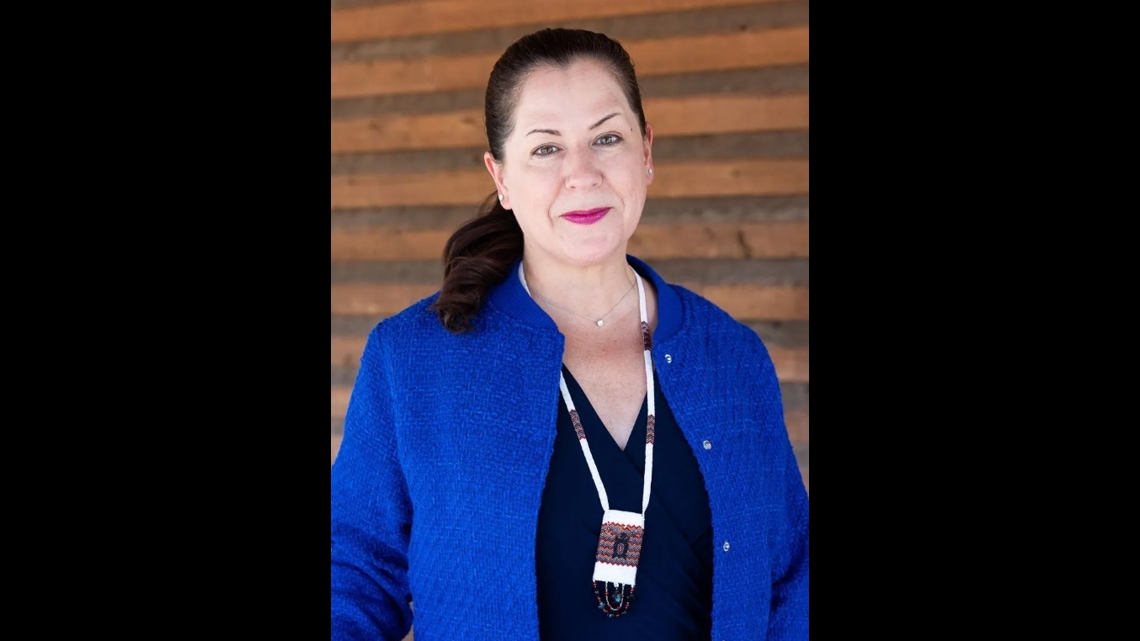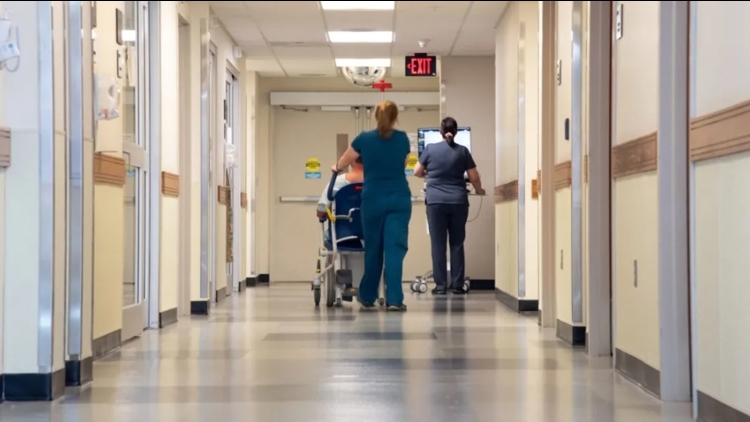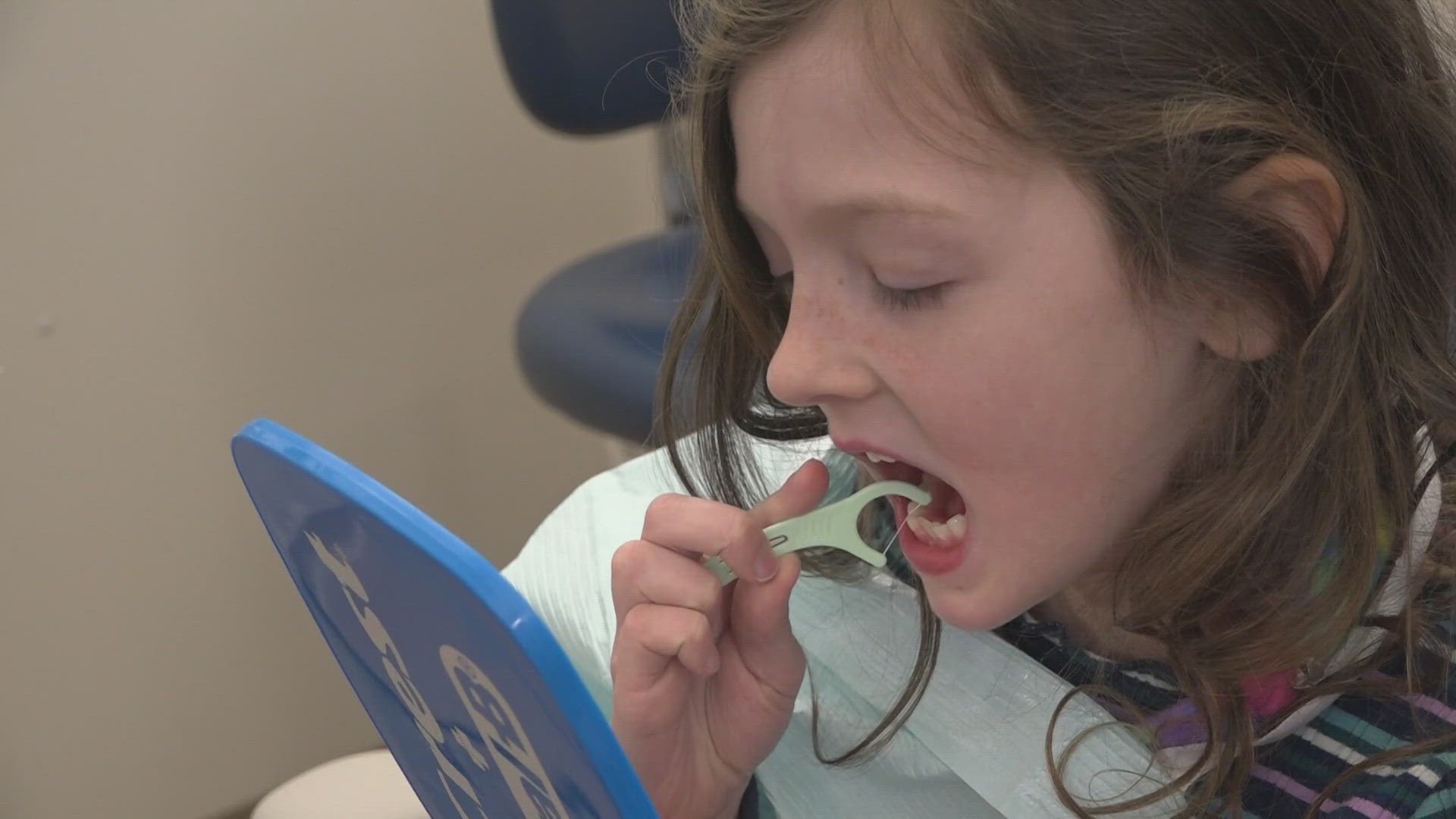MAINE, USA — A nearly $5 million federal grant recently awarded to the University of New England will be put toward efforts to improve Maine’s workforce supporting geriatric care over the next five years.
Efforts will focus on rural regions and the Wabanaki Nations, and include “dream sessions” with tribal health centers.
Maine is the oldest state in the country, and the number of Mainers with Alzheimer’s is projected to increase 20 percent between 2020 and 2025. But as of 2021, there were only 46 geriatricians practicing in the state. The need is particularly acute for underserved populations in rural and tribal communities.
The Health Resources and Services Administration awarded the grant to the UNE College of Osteopathic Medicine and Center for Excellence in Public Health. It will build on a previous five-year grant to support the work of AgingME, a geriatrics workforce program at UNE.
Dr. Susan Wehry, director of AgingME, said the grant will allow the group to develop big-picture brainstorming sessions, support hands-on rural clinical rotations and offer a microcredential for nursing students and certified nursing assistants to get additional expertise in geriatric care.
Wehry said she met with Wabanaki Public Health and Wellness — a nonprofit that provides the four federally recognized tribal nations in Maine with culturally sensitive health services — early on about how best to collaborate. They ended up having a conversation that was “transformational” for Wehry, encouraging her to think more broadly about aging care without being constrained by rigid boundaries, previous disappointments or notions of what may or may not be realistic.
This resulted in the idea to put some of the funds toward what they’re calling “dream sessions,” brainstorming conversations with tribal health centers that consider questions such as: “What does a community look like that centers its elders? What does a community look like where tribal elders are visible, heard and empowered? What does a community look like when it is led by elder voices?”


Lisa Sockabasin, co-CEO of Wabanaki Public Health and Wellness, said her organization uses this approach for most of the work they do.
“Our work at Wabanaki Public Health and Wellness has always been how do we develop programs, systems, services that serve our people without a scarcity mindset,” she said. “Knowing that financial resources will always be limited but we don’t have to limit our minds in terms of what our people deserve to heal.”
It’s an opportunity to stop thinking small, Wehry said.
“This isn’t about parsing out our resources and making sure that older people get their share,” she said. “It’s a different way of looking at it: If you could dream into being a community that had the condition in which all members could thrive, what would it look like?”
The grant will also be put toward ongoing geriatric training for health professionals, as well as education for students, residents, interns and fellows, with an emphasis on dementia-friendly care. AgingME also trains and supports older adults, family members, caregivers and support workers in the community like case managers with Area Agencies on Aging or community health workers, Wehry said.
To support nursing students and certified nursing assistants, some funds will go toward a geriatrics microcredential program that includes three badges: age-friendly, dementia-friendly and resilience.
Another focus of the grant will be to bolster clinical rotations in rural areas. Students will be encouraged to be more hands-on in the community at a range of rural primary care sites, including rural nursing homes. They will take a public health approach to looking at how factors like food insecurity or access to clean water can have just as much impact on someone’s health as medication, Wehry said.
“This grant creates a mechanism for community volunteers to reach out to medical students and invite them to participate in the life of the community,” Wehry said. “We’re trying to help students see the connection between community and individual health.”
This story was originally published by The Maine Monitor, a nonprofit and nonpartisan news organization. To get regular coverage from the Monitor, sign up for a free Monitor newsletter here.



